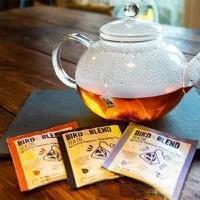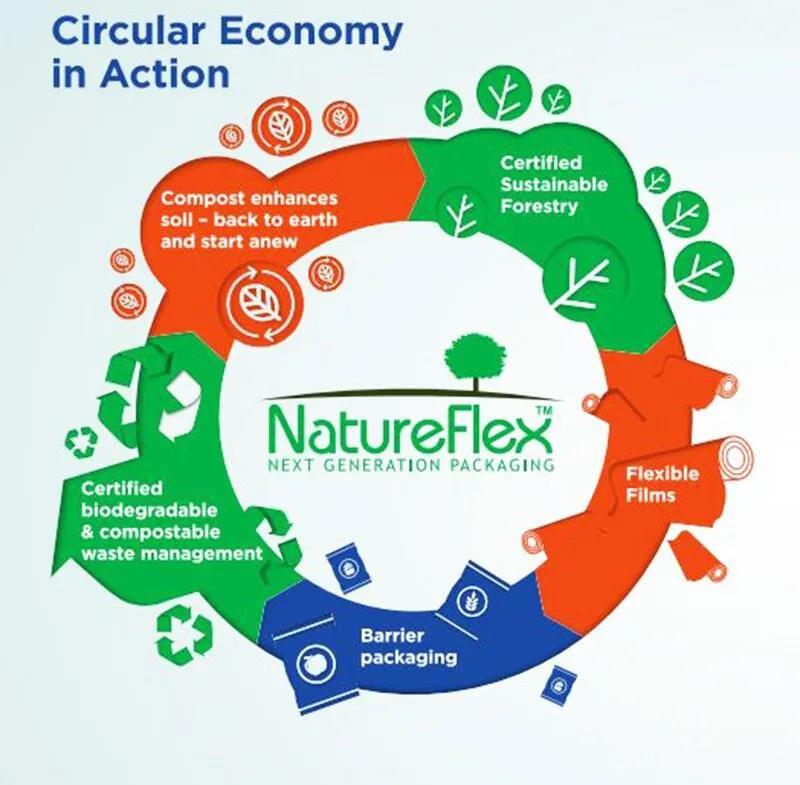Parkside Flexibles, a UK-based specialty packaging processor known for producing sustainable flexible packaging, recently announced the launch of a compostable alternative to plastic packaging for its bulk tea, a packaging solution that uses Futamura's compostable bio-based paper and metalized NatureFlexTM cellulose film products, which are typically made from sustainably sourced wood pulp.
Futamura Chemical Co,Ltd was established in 1947 in Japan. Maintained a leading position in the Japanese polypropylene, cellulose film and activated carbon markets, and achieved growth in the export market with its leading brands Pearl and Taiko. Futamura's global footprint has expanded to include manufacturing facilities in Asia, Europe and the Americas and is a global leader in sustainable cellulose films for the packaging market, including the NatureFlex™ compostable film and Cellophane™ brands.


As a packaging company, Parkside is keenly aware of the current state of sustainability in its industry and that consumers expect its consumption to promote environmental protection. Compostable packaging is a very effective method in this regard. the loose tea packaging used by Parkside has high barrier properties to maintain optimum freshness and extend the shelf life of the tea. The packaging is reported to decompose completely within 26 weeks, depending on the efficiency of the composting setup. Returning to nature during the composting process does not have a negative impact on the environment.
Parkside has invested a decade of research and development into Park2Nature™ products, which are fully compostable certified. As a result, the company now has more than 20 TUV-certified compostable product structures that form its award-winning Park2Nature™ product line.
According to Innova Market Insights, 28% of UK consumers consider compostability to be an environmentally sustainable method of end-of-life packaging disposal, followed by biodegradability (29%), but ahead of recyclability (24%) and reusability (14%).
Futamura's NatureFlexTM Cellulose Film
Compostable bioplastics offer a viable alternative to traditional plastics for small-sized items that are difficult to recycle, such as individual candies or teas.Futamura's NatureFlex TM film is made from sustainably sourced cellulose, is biodegradable and meets all global industry composting standards and OK Compost Home home composting certification standards.
In addition, NatureFlexTM cellulose films are also suitable for sustainable coffee packaging, compostable snack bags and dry food packaging, compostable bar packs, eco-friendly chocolate packaging and candy packaging, compostable packaging for produce, eco-friendly bakery packaging, sustainable office supplies, etc.


